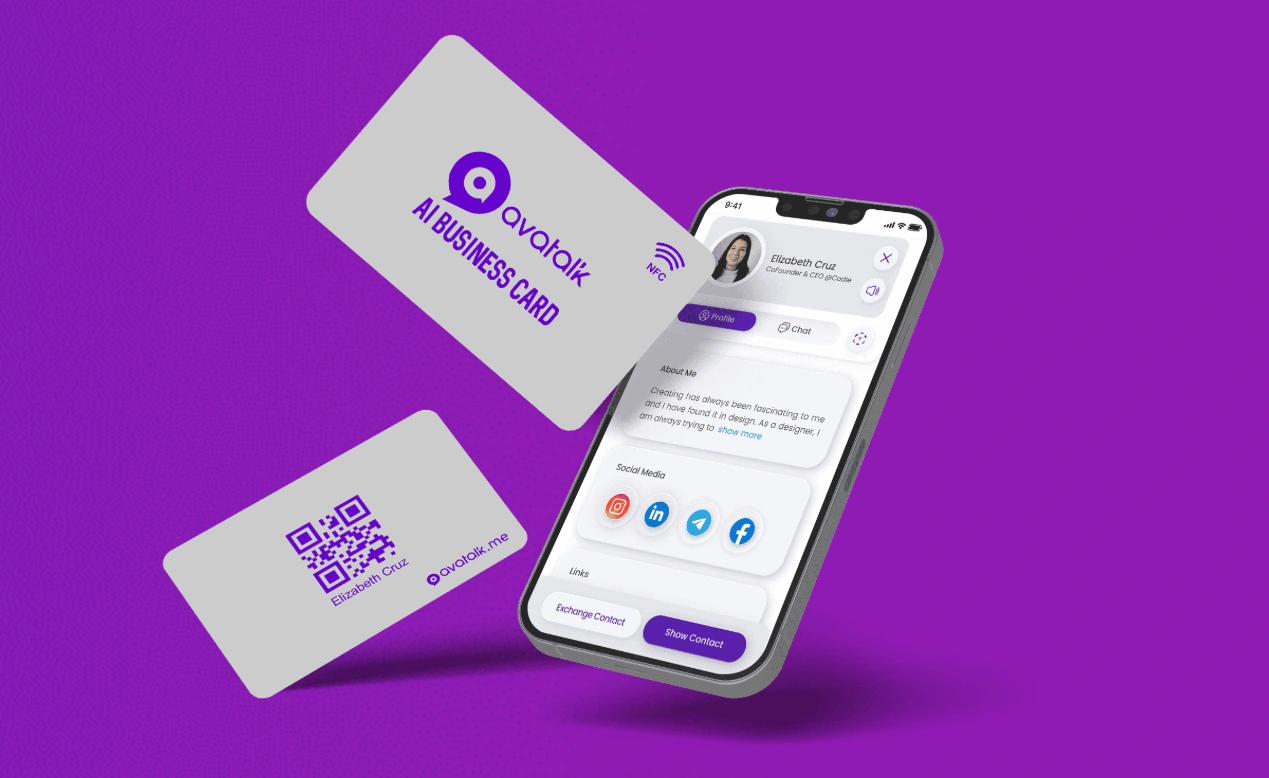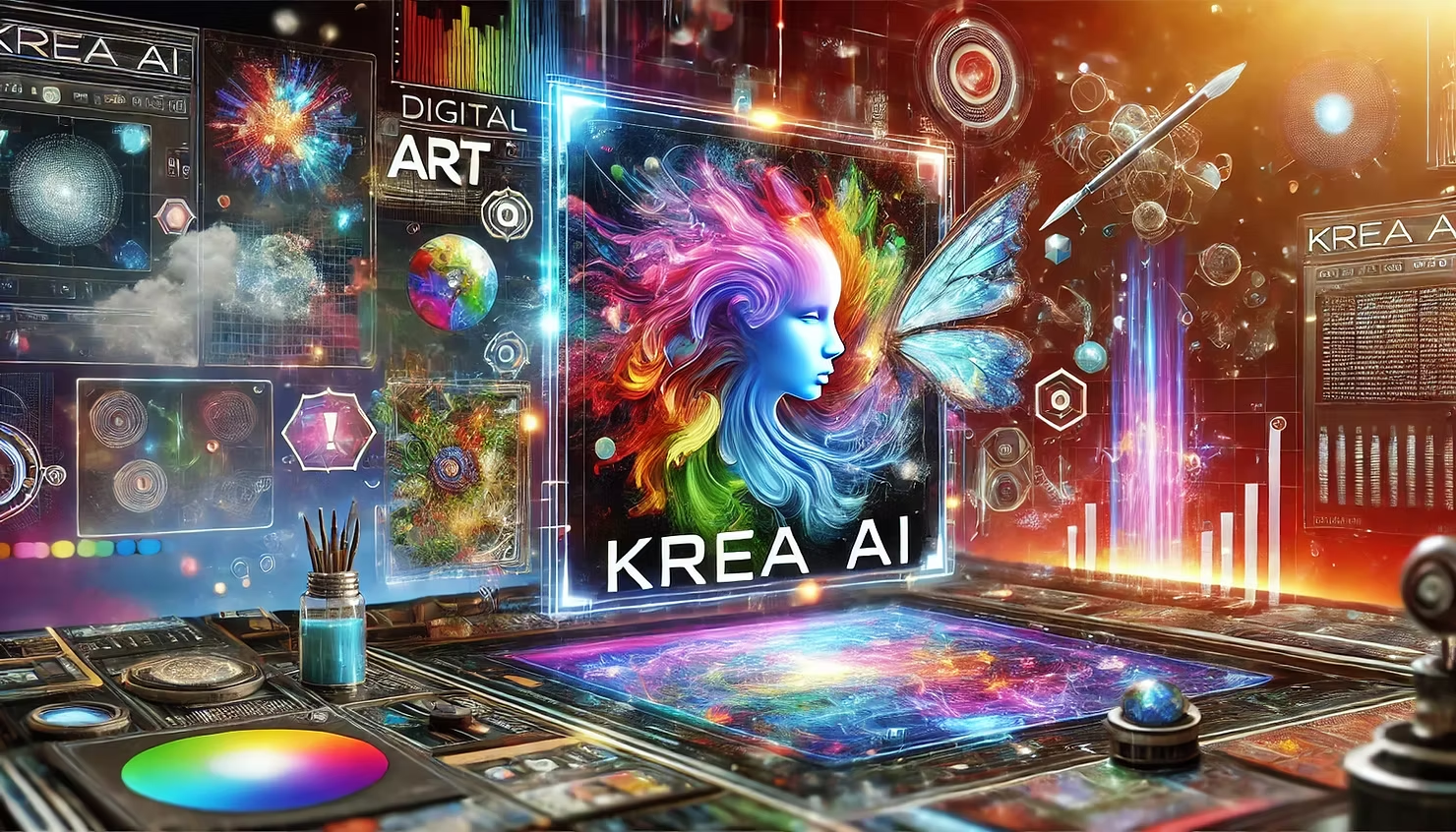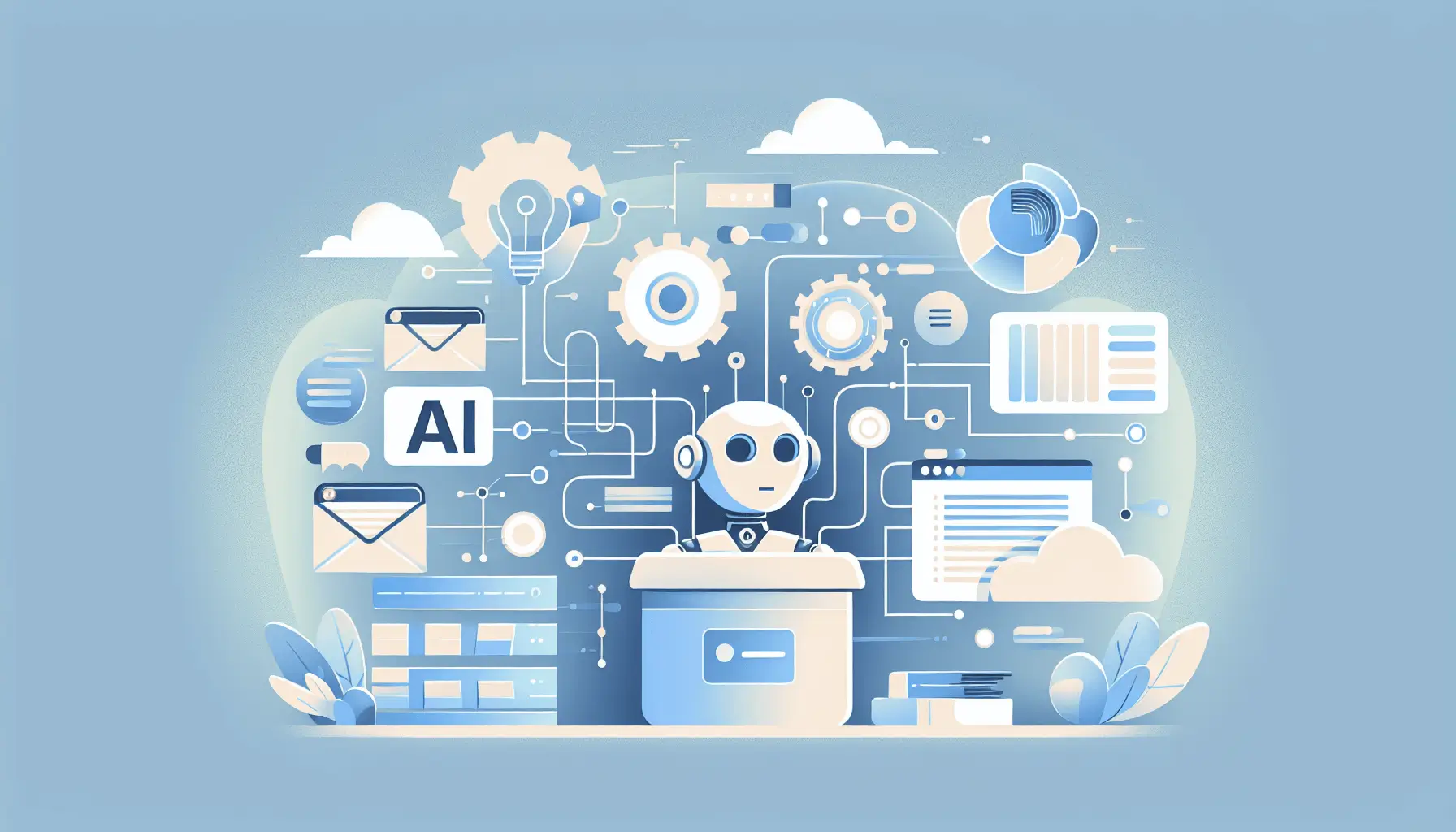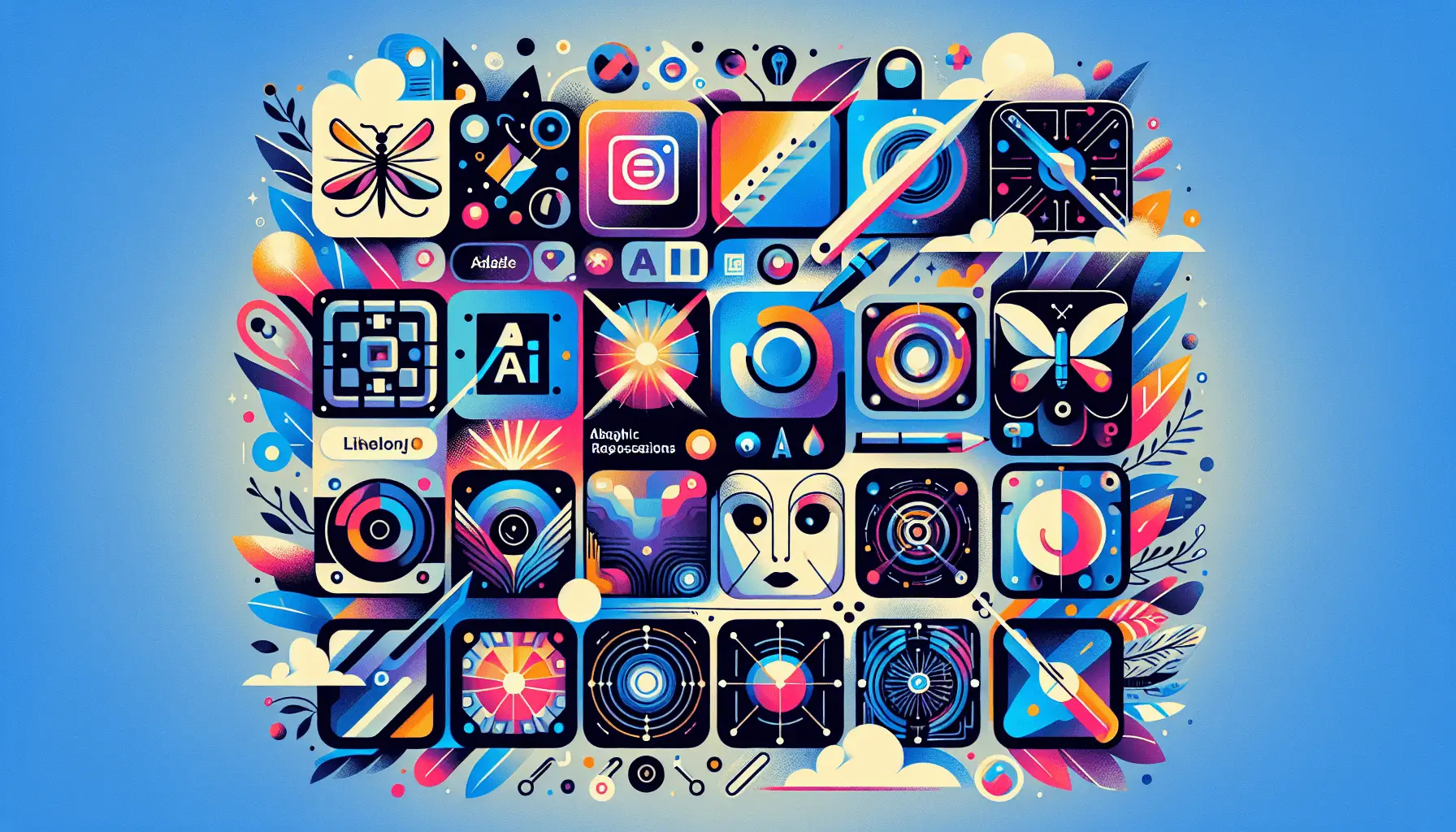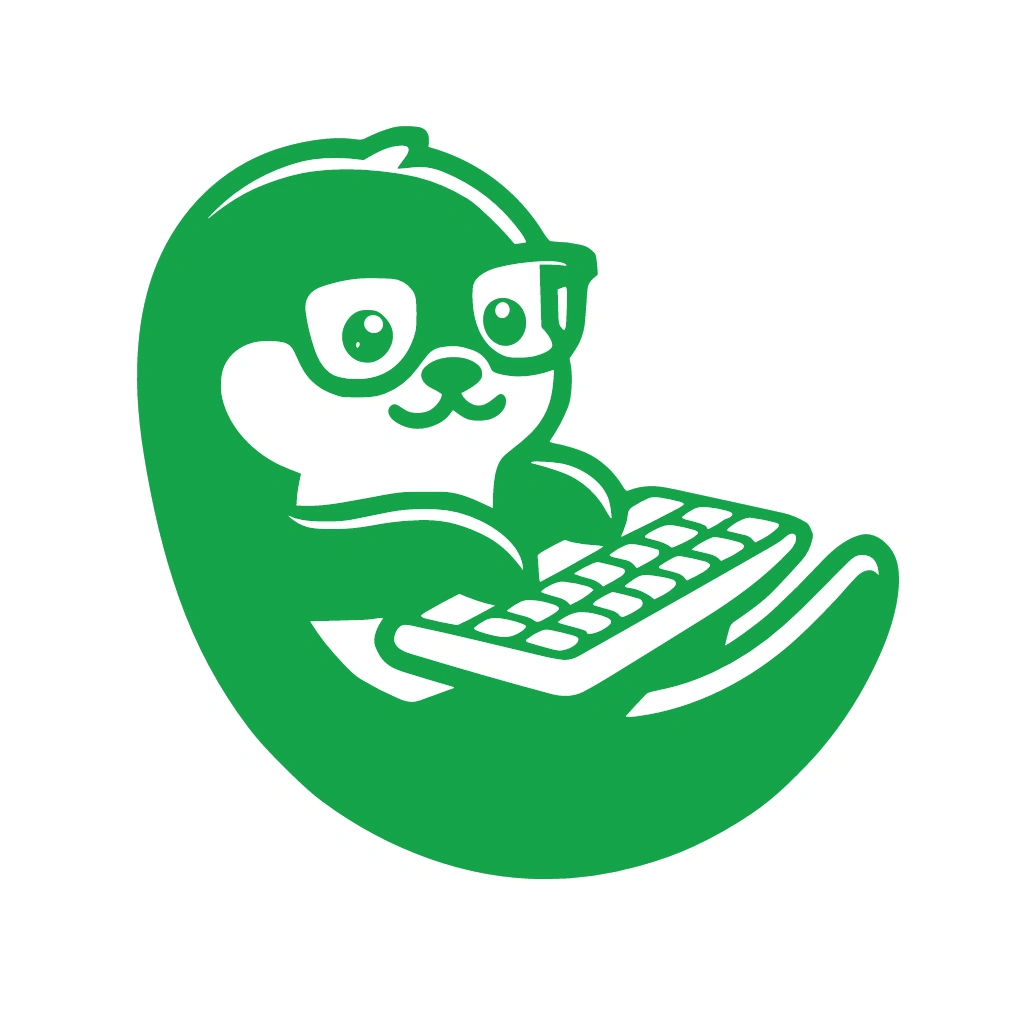ChatGPT: Your 24/7 Virtual Therapist
Ever found yourself staring at the ceiling at 3 AM, your mind racing with thoughts, and wished you had someone to talk to? Well, I did. And guess what? I found my confidant in ChatGPT. Yes, you read that right—the AI chatbot became my go-to therapist. Before you raise an eyebrow, let me share my journey.
The Midnight Epiphany
It all started one sleepless night. Traditional therapy sessions were out of reach—either due to scheduling conflicts or the hefty price tag. In a moment of desperation, I turned to ChatGPT. “Can an AI really help me process my thoughts?” I wondered. Spoiler alert: it did.
Why ChatGPT?
Here’s what drew me in:
- Always Available: Whether it’s the crack of dawn or the dead of night, ChatGPT doesn’t have office hours. It’s there when I need it.
- Judgment-Free Zone: Pouring out my thoughts without fearing judgment? Priceless.
- Cost-Effective: Let’s be real; therapy can burn a hole in your pocket. ChatGPT? Not so much.
The Experience
Engaging with ChatGPT felt like journaling but with feedback. I’d type out my feelings, and it would respond with insights, sometimes even suggesting coping mechanisms. It was like having a mirror that talks back—minus the creepy factor.
The Limitations
Now, before you think I’ve completely replaced human interaction with AI, let’s address the elephant in the room. ChatGPT, for all its brilliance, isn’t human. It lacks genuine empathy and can’t pick up on non-verbal cues. Complex emotional issues? Probably best discussed with a licensed therapist.
So, Is ChatGPT the Future of Therapy?
Not exactly. While it’s a fantastic tool for immediate support and self-reflection, it doesn’t replace the depth and nuance of human therapy. Think of it as a supplement, not a substitute.
Final Thoughts
In a world where mental health resources are stretched thin, ChatGPT offers a glimmer of hope. It’s accessible, non-judgmental, and, let’s face it, pretty darn smart. But remember, while AI can lend an ear (or, in this case, a text box), the human touch remains irreplaceable.
So, would I recommend ChatGPT as a virtual therapist? Absolutely—as long as you remember it’s a tool, not a cure-all. After all, sometimes you just need someone (or something) to listen, even if it’s powered by algorithms.

